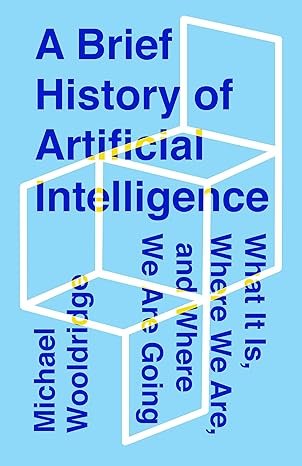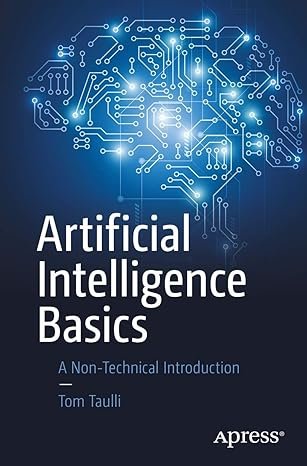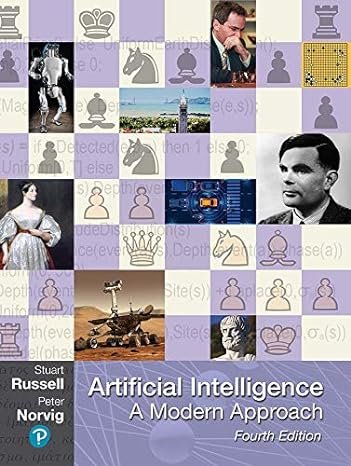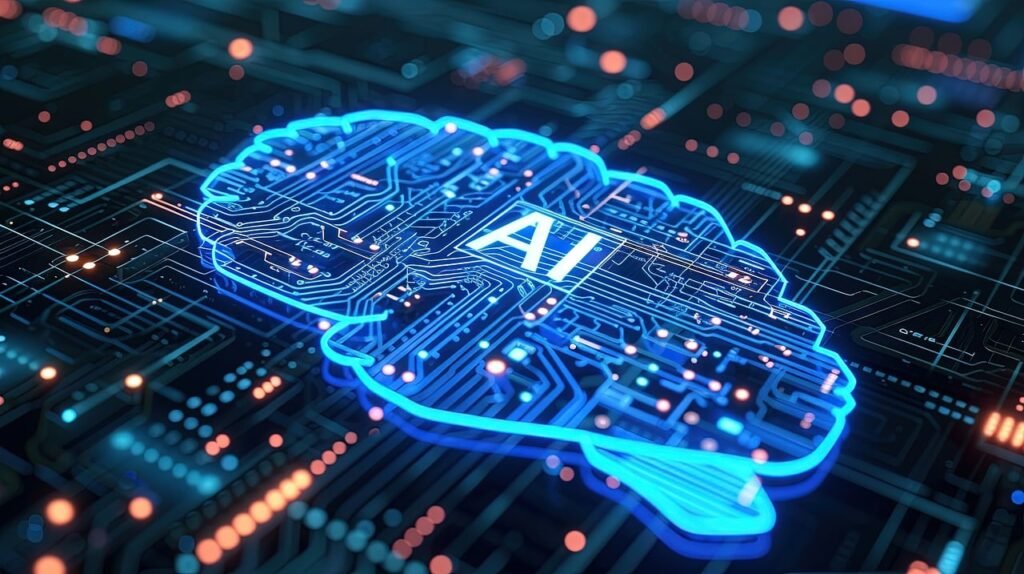What is Artificial Intelligence?
If you have not been living under a rock over the past few years, then you have almost certainly heard about artificial intelligence (AI). And you probably have questions, like: What can/does it do? Is it going to take my job? Will it watch The Terminator and feel a little too inspired? What even is AI anyways? You’ve probably come across self-driving cars or AI chatbots and wondered how it all works.
We live in a time where technology is and will continue to rapidly change the way we live, work, and do pretty much everything else. AI will be at the center of that change. In this introductory article, we’ll discuss AI’s history, try to understand what it really is and get a brief high-level view of how it works, before touching on ethical considerations and AI’s potential to shape the future.
History

It’s hard to pinpoint the best place to start discussion on the history of AI. But a generally accepted starting point is in 1950 with Alan Turing, who is often considered the father of computer science. Turing proposed the now famous “Turing Test”, where a computer’s response would be considered intelligent if a human observer could not distinguish it from that of a human response.
AI first attained the status of an official field of research in 1956 during a Dartmouth Conference, and this is where the term “artificial intelligence” was first coined. Since then, much progress has been made. Concrete examples of AI in the real world have gained notoriety with the general public. Some prominent examples include artificial intelligence beating world-champion humans at games like chess (Deep Mind), Jeopardy (IBM Watson), and Go (AlphaGo).
A watershed moment happened in 2023 with the release of ChatGPT from OpenAI. For the first time, the public could interact with and use a Large Language Model (LLM). This intensified the ongoing discussion of the potential benefits and risks of increasingly capable AI on the economy and jobs. This was also seen as a step toward the holy grail of AI systems, artificial general intelligence (AGI). AI research is ongoing, and the pace of progress will likely accelerate, so we are still at an early point in the story.
Okay... but what is it?
There is no exact definition of artificial intelligence. But an often-used definition was proposed by John McCarthy in 2004 in a paper aptly titled “What is Artificial Intelligence”. To paraphrase, he suggests that artificial intelligence is “the science and engineering of making intelligent systems… intelligence being the computational ability to achieve goals…”
There are many kinds of AI systems, built for different applications and based on differing algorithmic technics. Some of these include natural language processing (NLP), machine learning, and a myriad of others you’ve likely heard of in the news. We will be exploring these types of AI and how they work in future articles. But the important principle to understand is that they are all fundamentally based on algorithms and mathematics.
Applications
Artificial intelligence has uses in a wide variety of real-world applications. Among the eye-catching headlines are self-driving cars, chatbots like ChatGPT, and recent innovations such as image and video generation.
But AI also enables commonplace applications many would already recognize in their everyday lives:
- Speech recognition allows you to speak to products like Apple’s Siri and Amazon’s Alexa.
- Natural language processing powers online customer service chatbots.
- AI is relied upon for fraud detection for businesses.
- Recommendations on what to watch on Netflix or Amazon Prime are determined by AI prediction.
- Even something as simple as the auto correct when you write a text is a simpler form of AI.
AI Ethics
While the potential benefits of AI for the future are exciting, there are potential negative externalities and ethical considerations. A small sample of questions are:
- Will AI replace a large segment of the job market, and what will happen to those affected?
- How do training data sets bias AI systems, and what, if anything, should be done about it?
- What are the implications of AI integration with military weapons and what effect/risks will this have on warfare?
- How do we guarantee to the best of our ability that AI’s goals will align with those of humanity.
The ethical questions around AI are numerous, and most do not have an obvious answer. AI ethics has become a legitimate topic of research, and many suggest that as much effort should be invested into tackling these questions as into developing AI further.
Future of AI
Artificial intelligence is likely to become more powerful, capable, and embedded in our everyday lives as the technology continues to improve. Almost all businesses will have a use-case, and it will be able to do an increasing number of tasks, likely better and faster than humans can. So it is up to us to understand where AI can take us.
Conclusion
Artificial intelligence is already changing our world in drastic ways. And it has the potential to be the most impactful technological revolution humanity has seen. The potential benefits that AI can bring us in the future make us extremely optimistic, even while considering the big ethical questions. For this reason, we believe it is important to understand fundamentally where AI comes from, how it works, and to keep abreast of the progress that is being made every day. This is what we promise to bring you over the evolution of this site. We hope you can join us on that journey.
If you are excited to learn more, I recommend checking the following books.

Michael Wooldridge, an AI researcher at Oxford provides an accessible history of AI, perfect for those who want to get a grasp on how we got here and where AI may be going in the future.

Artificial Intelligence Basics: A Non-Technical Introduction by Tom Taulli
Taulli provides a more gentle, non-technical introduction to the fundamental concepts of AI, machine learning and deep learning. He also touches on the societal impact AI has already had and likely will have.

Artificial Intelligence: A Modern Approach by Stuart Russel and Peter Norvig
This is considered the authoritative introductory textbook on artificial intelligence, and is used at some of the most prestigious AI programs. Russel and Norvig, computer scientists at Berkley and Stanford, provide a more technical but comprehensive view of AI. If you want more technical detail, this is one of the best AI books one can have.
IntellMindset is a participant in the Amazon Services LLC Associates Program, an affiliate advertising program designed to provide a means for sites to earn advertising fees by advertising and linking to Amazon.com. As an Amazon Associate, we earn from qualifying purchases..

